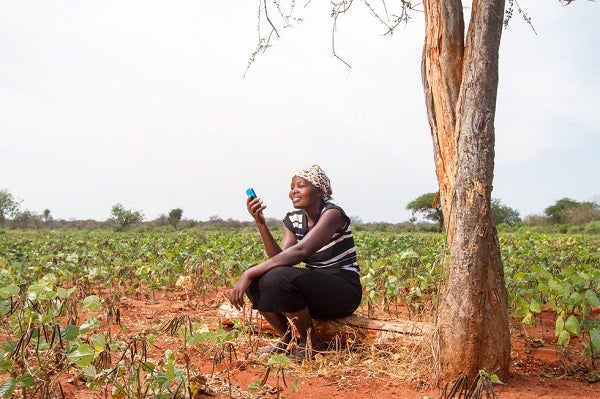New Bill, Big Changes in Digital Financial Services in Uganda
Despite recent problems that arose from mobile money being temporarily shut down in Uganda, most DFS stakeholders in the country are quite optimistic about the opportunities 2016 will bring. On January 11, 2016, after six years of waiting, and with very little fanfare, the Government passed the clumsily named Financial Inclusion Act Amendment Bill. With a stroke of the President’s pen, this bill amended the 2004 Financial Institutions Act and provided a legal basis for a host of new business models. Here is a quick summary of some of the biggest changes.

Agent Banking. For the first time in Uganda, Agent Banking has been explicitly defined and a legal basis for its regulation has been put in place. Uganda is among the last of the East African countries to allow banks to use agents. This is an important step towards creating a more level playing field between banks and non-banks such as mobile network operators who have long been making use of agents to provide digital financial services. Regulation will need to be developed to guide financial institutions, but it probably won’t be long before the first bank comes knocking on the Central Bank’s door asking for approval to pilot an agent banking business to serve customers with digital financial services outside of its branch network.
Islamic Banking. A wide range of Islamic Products are now allowed for the first time. More text in the act is taken up redefining terms so that they are broad enough to cover the range of Islamic banking products than on any other issue. While greater choice for customers should be welcomed, the demand for Islamic products in Uganda is not likely to be high, since less than 10% of the population is Muslim and the impact of these changes is unlikely to be particularly significant.
Additional Credit Reference Bureaus. The act gives the Central Bank the power to establish more than one Credit Reference Bureau and explicitly allows the use of Biometric Identification for these purposes. At the moment the technology for biometric identification is still probably too expensive to make this viable, but with biometric ID cards being rolled out it may not be long until the benefits of reduced errors in identifying customers and stopping fraud become worth the additional infrastructure costs.
Deposit Protection Fund. The Deposit Protection Fund will be beefed up and merged with the fund of the same name set up for Microfinance Deposit-taking Institutions. A requirement has been introduced for information about the Deposit Protection Fund to be clearly displayed in all branches and to be referenced in all print, radio and television adverts.
"Bancassurance". The act allows financial institutions to sell insurance products using their “branches, sales network and customer relationships” for the first time. Insurance penetration in Uganda is currently incredibly low (less than 1% of adults have a formal insurance policy), but allowing agents to sell insurance (especially products like life insurance, often bundled with loans by microfinance institutions) could start to change this.
The biggest impact on financial inclusion looks set to come from the introduction of agent banking, but all the changes in the new bill appear to be positive in terms of allowing new business models and greater choice and protection for customers.




Comments
Chris and CGAP friends - a
Chris and CGAP friends - a big thanks for these kinds of posts that succinctly summarize important developments - and from a trusted source like CGAP. Please keep them coming - valuable service to the community.
The Bill was never clumsily
The Bill was never clumsily named "Financial Inclusion Act Amendment Bill" as stated in the first paragraph of this article..... Its called the Financial Institutions (Amendment) Act.
Add new comment